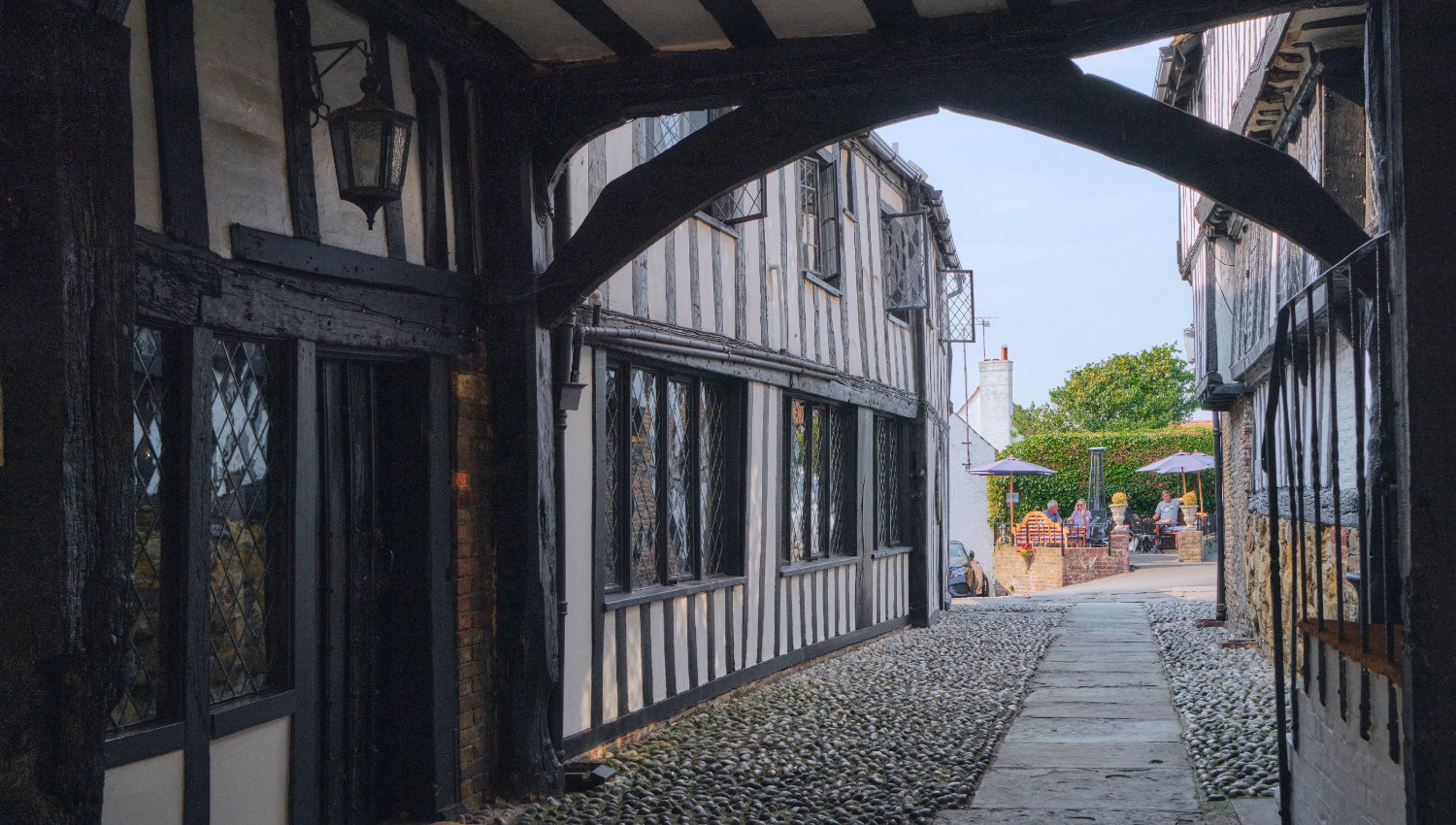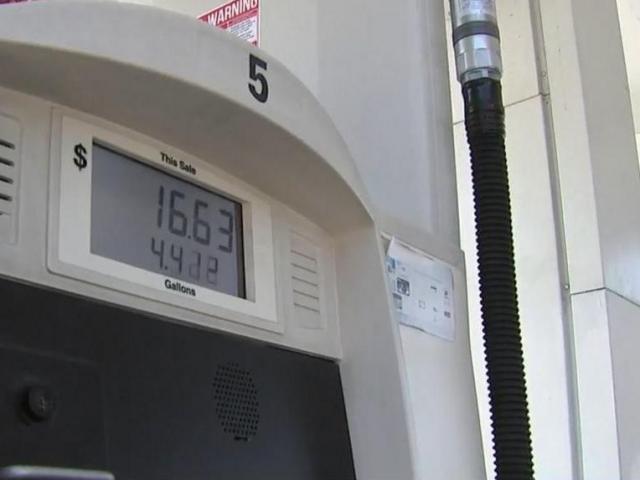The Financial Aspects Of An Escape To The Country

Table of Contents
Property Costs: More Than Just the Purchase Price
Rural property prices can be surprisingly variable, depending on location, size, and condition. The cost of your countryside property is far more than just the sticker price; many hidden costs can significantly impact your budget. Understanding these upfront is crucial for successful financial planning for your escape to the country.
-
Research average property prices in your desired location. Websites specializing in rural property listings and local estate agents are excellent resources. Consider factors like proximity to amenities (schools, hospitals, shops), transport links (commuting distance to work), and the overall condition of the property. A property that needs extensive renovation will dramatically increase your overall cost.
-
Factor in stamp duty and legal fees. These are unavoidable costs associated with purchasing any property, but the specifics vary depending on your location and the property's value. Get quotes from several solicitors specializing in rural property transactions to compare fees.
-
Account for potential renovation or refurbishment costs. Older properties, a common feature of the countryside, often require significant investment. Factor in costs for plumbing, electrical work, roofing repairs, and insulation upgrades. Obtain multiple quotes from reputable contractors before committing to any work.
-
Research local council tax and other property-related taxes. These can vary significantly depending on the location and property value. Contact your local council to obtain accurate information on the annual cost of council tax for properties in your target area.
-
Consider hidden costs such as surveys, insurance, and potential unexpected repairs. A thorough building survey is vital, especially for older properties. Factor in the cost of home insurance, which might be higher for rural properties due to factors such as increased risk of flooding or fire. Always budget for unexpected repairs; older properties often require unexpected maintenance.
Ongoing Living Expenses: A Rural Budget Breakdown
While the charm of country living is undeniable, the ongoing expenses can be significantly different from city life. A realistic budget encompassing all aspects of rural living is crucial for a smooth transition.
-
Utilities: Expect higher energy costs, especially if the property is not energy-efficient. Older properties, often poorly insulated, require more energy to heat and cool. Investigate the cost of heating oil or propane versus electricity, considering the potential for renewable energy sources like solar panels.
-
Transportation: Rural areas often have limited public transport. Factor in the cost of owning and maintaining a car, including fuel (which can be more expensive in rural areas), insurance, repairs, and potentially higher mileage. Consider the cost of vehicle maintenance, especially if you're driving on less-maintained roads.
-
Groceries: Grocery shopping may be more expensive and less convenient, with fewer options for budget supermarkets. Factor in potential increased travel time and costs associated with shopping trips. Consider the convenience of online grocery deliveries to offset the lack of proximity to major supermarkets.
-
Maintenance: Rural properties often require more maintenance than urban properties. This includes gardening, potentially tending to outbuildings or farmland, and the general upkeep of a larger property. Budget for regular maintenance, including landscaping, fence repair, and seasonal cleaning.
-
Insurance: Rural properties might have higher insurance premiums due to increased risk factors like flooding or fire. Obtain quotes from multiple insurers to compare premiums and coverage.
Income & Employment Opportunities: Securing Your Financial Future in the Countryside
Securing a stable income in a rural setting requires careful planning. The job market in rural areas can differ substantially from urban centers, requiring a strategic approach.
-
Research local job markets. Opportunities may be limited compared to urban areas. Consider the types of jobs available in the surrounding towns and villages. Explore job boards and network with local businesses.
-
Explore opportunities for remote work. Many roles can be performed successfully from a rural location. This offers flexibility and allows you to maintain your current employment while relocating.
-
Consider self-employment options. Running a home-based business or utilizing local resources, such as farm produce or artisanal crafts, can provide income streams. Consider the legalities and costs associated with establishing a home-based business.
-
Investigate potential income streams from the property itself. Renting out land for grazing or agricultural use, or renting out outbuildings (subject to planning permissions), can provide additional income.
Financing Your Escape: Mortgages, Savings, and Other Options
Securing the necessary financing for your escape to the country requires careful consideration of various options.
-
Secure pre-approval for a mortgage tailored to rural properties. Lenders may have different criteria for rural properties, so obtaining pre-approval early in the process helps you understand your borrowing capacity.
-
Save a substantial deposit. This will improve your chances of securing a favorable mortgage rate and potentially reduce the overall cost of borrowing.
-
Explore alternative financing options. Bridging loans or personal loans can be considered, but be fully aware of the interest rates and terms. These should be used as a last resort and only after careful consideration.
Conclusion
An escape to the country can be a truly rewarding experience, but careful financial planning is paramount. By thoroughly researching property costs, ongoing living expenses, and income potential, you can create a realistic budget and make informed decisions. Remember to factor in all aspects, from the initial purchase price and stamp duty to ongoing maintenance and transportation costs. With careful preparation and comprehensive financial planning, your dream of country living can become a reality. Start planning your escape to the country today!

Featured Posts
-
 Rybakina Prodolzhaet Borbu V Rime Proydya Vo Vtoroy Krug
May 24, 2025
Rybakina Prodolzhaet Borbu V Rime Proydya Vo Vtoroy Krug
May 24, 2025 -
 Proposed French Law Banning Hijabs In Public For Under 15s Gains Support
May 24, 2025
Proposed French Law Banning Hijabs In Public For Under 15s Gains Support
May 24, 2025 -
 Hemen Intikam Alan 3 Burc Ihanet Edildiginde Ne Yaparlar
May 24, 2025
Hemen Intikam Alan 3 Burc Ihanet Edildiginde Ne Yaparlar
May 24, 2025 -
 This Memorial Day Enjoy The Lowest Gas Prices In Years
May 24, 2025
This Memorial Day Enjoy The Lowest Gas Prices In Years
May 24, 2025 -
 Uni Duisburg Essen Mitarbeiterin Gesteht Bestechung Details Zum Skandal
May 24, 2025
Uni Duisburg Essen Mitarbeiterin Gesteht Bestechung Details Zum Skandal
May 24, 2025
